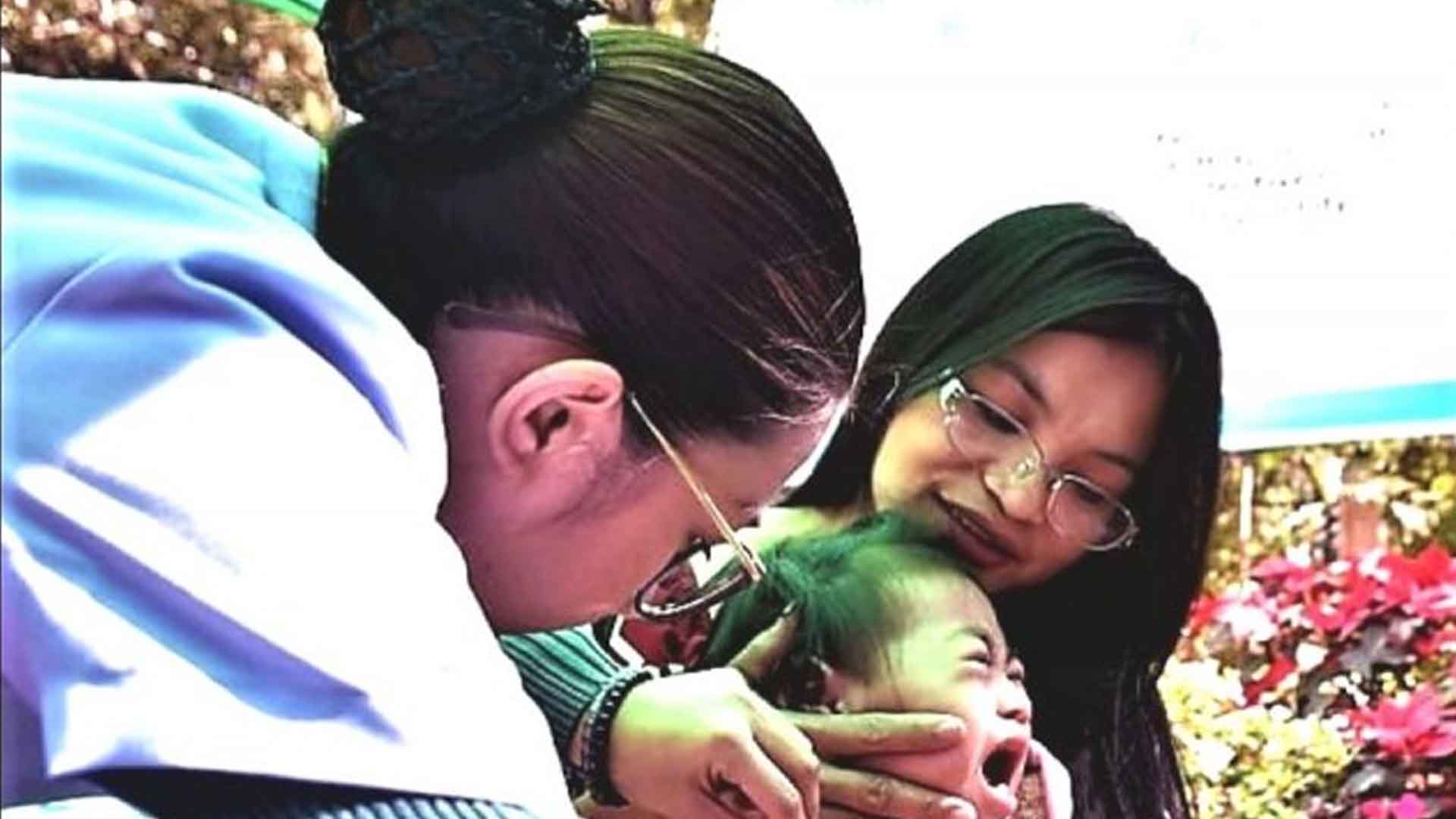The local government on Tuesday urged parents sending their children to government-run daycare centers to let their little ones undergo mandatory basic immunization.
Councilor Betty Lourdes Tabanda, in a phone interview on Tuesday, reminded parents that they would need to present the vaccination record of their children when enrolling them at daycare centers.
“The submission of the vaccination record is mandatory and will be among the documents required to be submitted upon the enrolment of the daycare pupil,” said Tabanda, who chairs the City Council’s committee on health and sanitation.
In case of failure to submit the vaccination record, the parent or guardian will be referred to the city Health Services Office (HSO) for counseling where the possibility of consent to vaccination will be discussed.
She, however, clarified that children who cannot be immunized due to medical reasons as determined by a doctor and due to religious reasons are exempted.
Helping the city HSO are child development center workers, who will serve as a conduit in referring the parents or guardians of unvaccinated pupils or those who lack the basic vaccines for developing children up to five years old, to the HSO for counseling and possible vaccination.
Tabanda said there is a pressing need to encourage parents in the city to have their infants and children receive the mandatory vaccines, which have been proven effective in preventing diseases.
The Department of Health – Cordillera Administrative Region (DOH-CAR) had earlier said the region was flagged by their central office for having low vaccination for vaccine-preventable diseases.
DOH-CAR record shows that as of November 2022, only 19,295 children, or 50.54 percent, are “fully immunized” while 1,197 children, or 3.14 percent, are “completely immunized.”
The World Health Organization (WHO), on its website, defined a fully immunized child as the “percent of infants exactly 12 months who have received all of the following antigens/vaccines: BCG at birth, HPBx3 DPTx3 OPVx3 MSL at nine months.”
The mandatory basic immunization covers vaccine-preventable diseases, such as tuberculosis; diphtheria, tetanus, and pertussis (DPT); poliomyelitis; measles; mumps; rubella or German measles; hepatitis-B; and influenza type B.
Completely immunized children, meanwhile, are those 13 months to 23 months old but who at the age of below 12 months failed to receive the vaccine same as the fully immunized children.
Tabanda said childhood immunization gives protection not only to the vaccinated but also to the people around them, especially vulnerable groups.
“Immunization boosts the infant’s or the child’s immune system and greatly reduces the severity of the disease. It protects the body from serious complications that have debilitating and fatal effects,” she said.
The councilor said despite the free mandatory basic immunization given by the government, there may still be infants and children who have yet to receive shots.
“Let us start with our children in child development centers. Then we can work on the immunization of other children in the city later on,” she stated.
The city’s HSO record from 2017 to 2021 showed that measles was the most prevalent vaccine-preventable disease with 912 cases, followed by hand-foot-and-mouth disease with 398 cases, pertussis with 18 cases, and diphtheria with four cases.
In 2020, the city’s rating for fully immunized children was only 44 percent because of the coronavirus disease 2019 pandemic, which explains the high percentage of cases of measles in 2020 onwards. (PNA)







